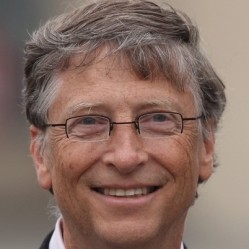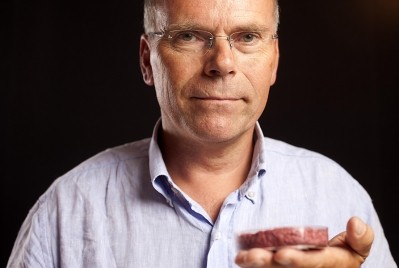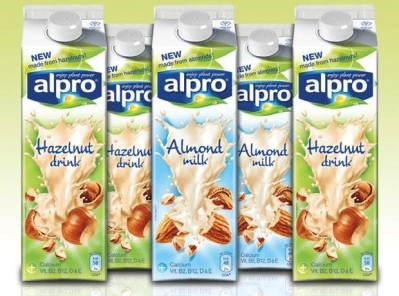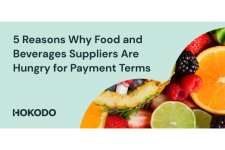Meat- and dairy-free foods ‘ripe for innovation’

As the meat and dairy sectors struggle against the challenges of increasing ingredients costs, compounded by the health and ethical questions related to animal-based food production, manufacturers should investigate the potential offered by plant-based alternatives, claimed Roger Roberts, food and drink industry specialist with PA Consulting.
“This is something that is really going to take off in the next five to 10 years,” said Roberts, who cited the enthusiastic support given by Microsoft founder Bill Gates for plant-based foods to support this argument.
“There are lots of processed products where there is meat and dairy in, which will be disappearing surprisingly fast as competition gets more fierce.”
Roberts mentioned the damage done to the meat supply chain earlier this year by the horsemeat scandal – which he noted caused a 43% fall in frozen beef burger sales – to highlight moves against meat-based products. He also referred to research from market analyst Mintel that 23% of the UK population was trying to reduce meat consumption, as evidence of the market potential for plant-based foods.
‘Egg-free foods are booming’
“The market for meat-free, fish-free, dairy-free and egg-free foods is booming – and expected to grow by 44% to £1.25bn over the next four years, as customers look for equally tasty, meat, fish and dairy alternatives (also known as analogues),” said Roberts.
“Nutritious, inexpensive and environmentally-friendly animal-free foods, indistinguishable from ‘real’ meat and dairy, are already starting to enter our supermarkets, corner shops and supply chains.”
Roberts noted that manufacturers would need to draw upon their manufacturing and new product development skills to capitalise on these emerging markets. But, he added, the potential rewards were huge.
“If you can produce the same product for a lot less cost – because meat and dairy is a relatively inefficient way of producing food – then that has got to be good news for British manufacturing,” he said.
“I’m thinking of mass products for the majority of people; I’m talking about Tesco, Sainsbury, whatever, where there will be this replacing going on but within established products where people won’t even notice the difference – except the companies will because it will help to increase margins”.
He used the example of San Francisco-based Hampton Creek Foods – a company backed by venture capitalists, including Microsoft founder Bill Gates – which had successfully developed an egg-free product for cooking, baking and egg-free mayonnaise. The company’s product exactly mimics the taste and texture of eggs, said Roberts, but has a longer shelf-life, is safer to use and is 19% cheaper.
“As volumes increase, the price differential from standard eggs will become even wider, giving the company an even greater competitive edge,” he added.
'Bill Gates’s involvement is significant'
“Bill Gates’s involvement is significant. Along with a number of other well-known Silicon Valley venture capitalists, including Peter Thiel, co-founder of PayPal, and Evan Williams and Biz Stone, co-founders of Twitter, Gates has been investing in cutting-edge R&D to find more sustainable alternatives to traditional meat and dairy production.”
Roberts suggested that venture capitalists in the UK needed to follow suit and invest in this type of research in order to ensure future success.
“The economics are persuasive,” he said. “Alternative products derived from plant-based components mean that food companies can deliver the same taste and texture experience for a fraction of the cost.
“Not only are profits greater when animals are removed from the process but there is also more scope for producing wider varieties and flavours, which can only be good for business and future growth.”


















